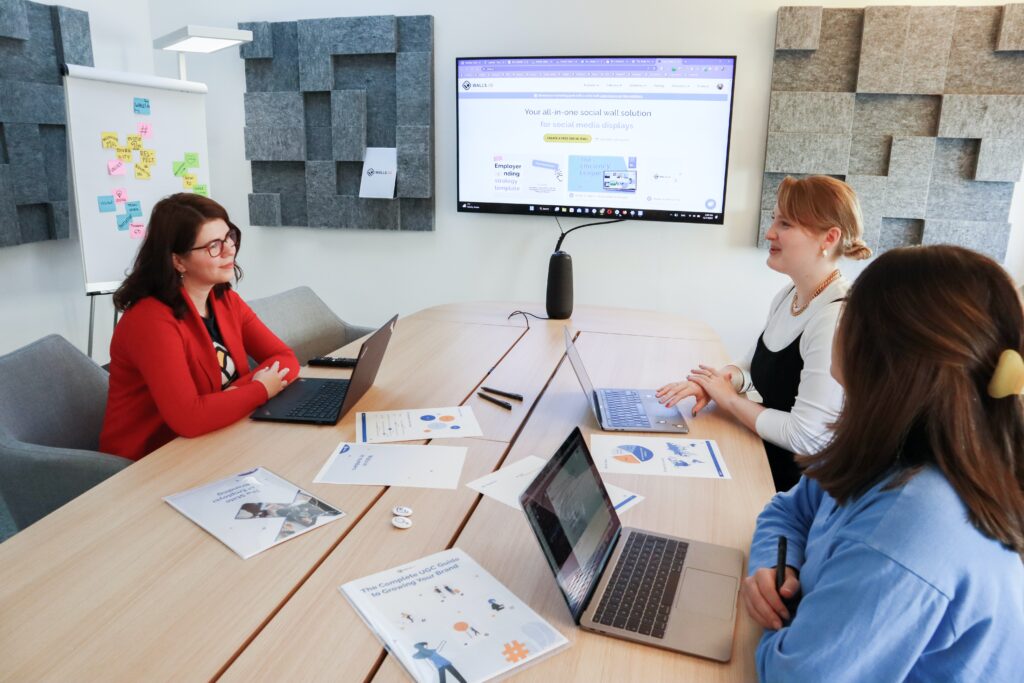Marketing has become one of the world’s largest industries and continues to evolve. With the growth of the internet, smartphones, and social media it’s become essential for businesses to invest in digital marketing.
But what does that mean for traditional marketing and which should you choose?
What is traditional marketing?
Traditional marketing is one of the oldest forms of marketing referring to any marketing that isn’t online. We all encounter traditional marketing in our daily lives whether it’s reading the newspaper, picking up the post, or listening to the radio.
One of the most notable benefits of traditional marketing is that it allows you to target a wide audience. You can use traditional marketing strategies to reach potential customers in their home, outside, and on their commute. Traditional marketing also provides the opportunity to advertise to audiences who aren’t active on computers or smartphones, so often works well for an older demographic.
Examples of traditional marketing include –
- Newspaper advertisements
- Radio and television advertisements
- Print billboards
What is digital marketing?
Digital marketing is any form of marketing that takes place online. Businesses use digital channels to connect and communicate with potential customers and as we now spend an average of six and a half hours online a day, it’s easy to see why digital marketing has become the dominant and most effective form of marketing.
Digital marketing offers businesses the opportunity to engage and build relationships with an audience on the platforms they use most, at every stage of the customer lifecycle. With digital marketing, businesses can reach a larger audience in a way that’s creative and measurable, tailoring content to the needs and preferences of your target audience.
Examples of digital marketing include –
- Email marketing
- Social media marketing
- Online advertisements
- SMS communications
What’s the difference?
Whilst the main difference between traditional and digital marketing is how audiences encounter a message, there are more to consider.
There’s no doubt that both strategies offer the opportunity to target a wide and diverse audience. But traditional marketing may be better suited if you need to reach and build an older or local audience, whereas digital marketing makes it easy to interact with international audiences and connect with them on a personal level.
A traditional marketing campaign can take longer and be more difficult to measure than a digital marketing campaign, with more restrictions and external parties. A print or broadcast advertisement needs to be approved before airing and there’s no way to know how many people saw it. Creating and planning a digital marketing campaign takes time, but comes with more control and can be easier to measure (think link click-through rates, video views, engagement etc).
And of course we’ve got to consider the cost. When it comes to traditional marketing, if you want to secure a prime time or location for your advertisement this can be expensive. For example, depending on size and location a traditional billboard can range from £200 to £2000 per week. Digital marketing often proves more cost effective as businesses are able to advertise across multiple channels as frequently as they want and at a lower cost.
Which type of marketing should you use?
The debate between traditional and digital marketing is longstanding, but there’s no right or wrong when it comes to which strategy you should choose. Both methods have their pros and cons, but ultimately it comes down to which is best suited to your business and audience. It’s more than likely that both traditional and digital marketing will have a place in your strategy.
Learn more about digital marketing strategies (and so much more) by becoming a Girls in Marketing member. Sign up now to get started!





